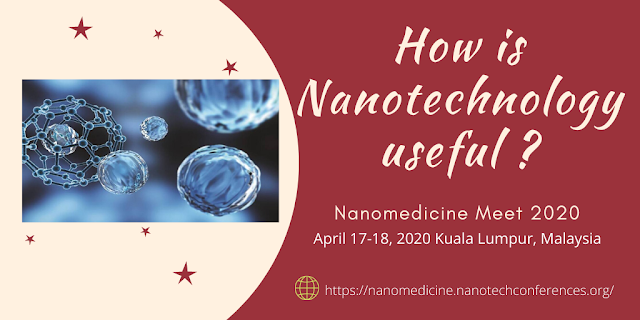Artificial intelligence in Nanomedicine

Artificial intelligence brings up to the simulation of human intelligence in machines that are programmed to think like humans and impersonator their actions. The term may also be applied to any machine that exhibits characters associated with a human mind such as learning and problem-solving. When most people hear the term artificial intelligence, the first thing they typically think of is robots. Artificial intelligence is created on the principle that human intelligence can be defined in a way that a machine can easily impersonator it and execute tasks. The goals of artificial intelligence include learning, reasoning, and observation. The applications for artificial intelligence are endless. The technology can be applied to many different sectors and industries. AI is being tested and used in the healthcare industry for treating drugs and different treatment in patients, and for surgical procedures in the operating room. Artificial intelligence can be divided into two

